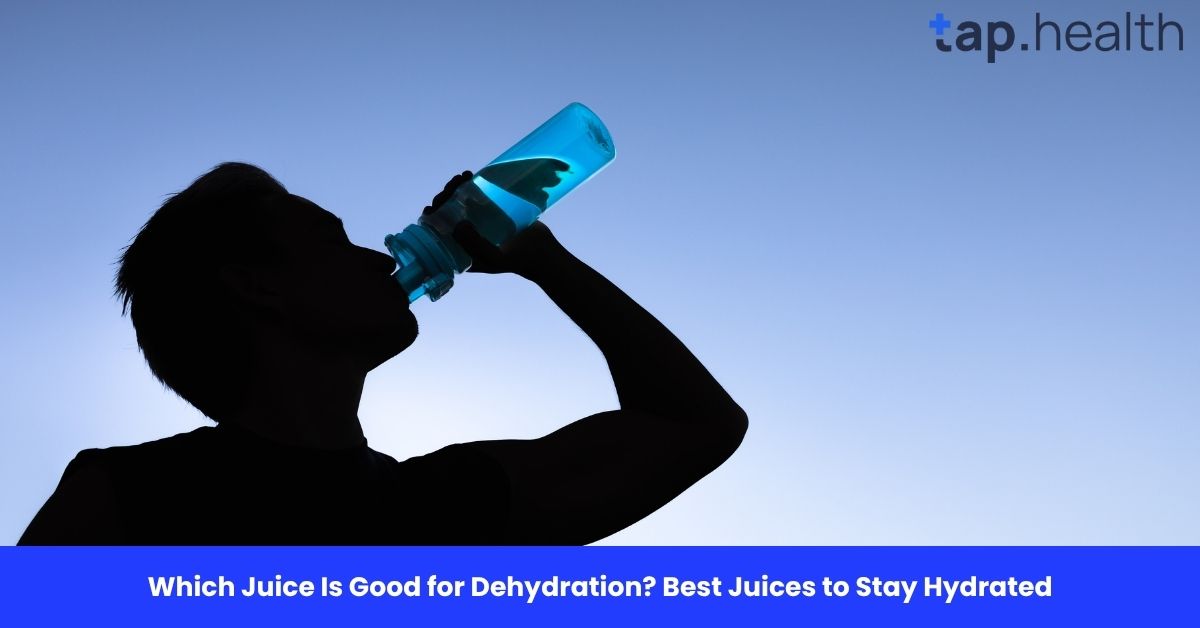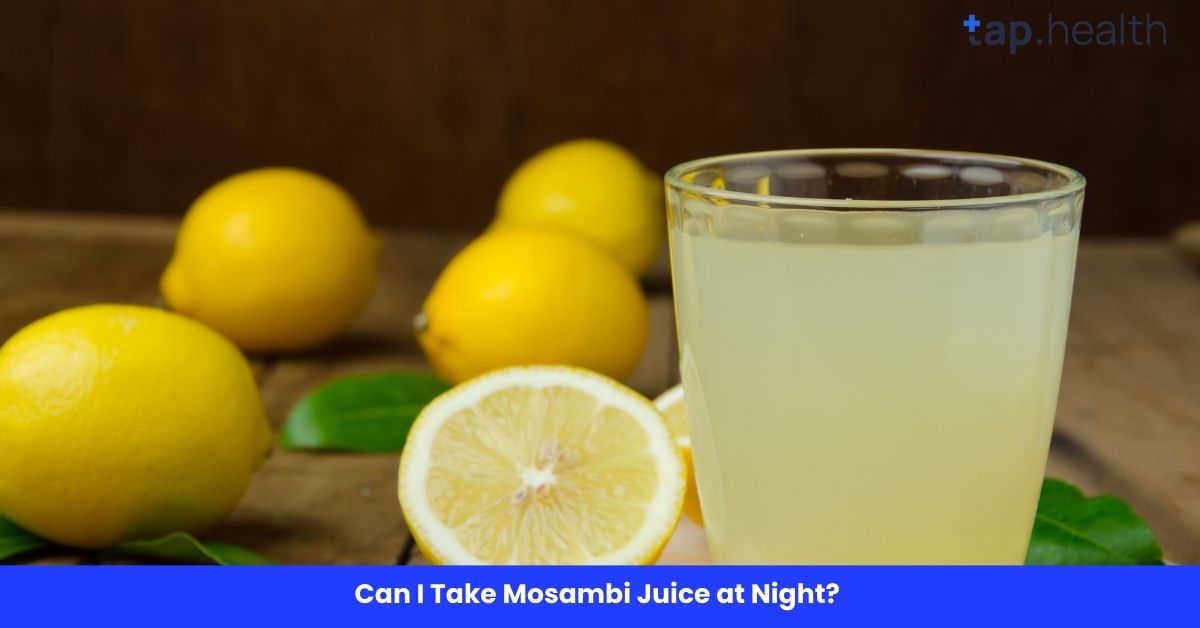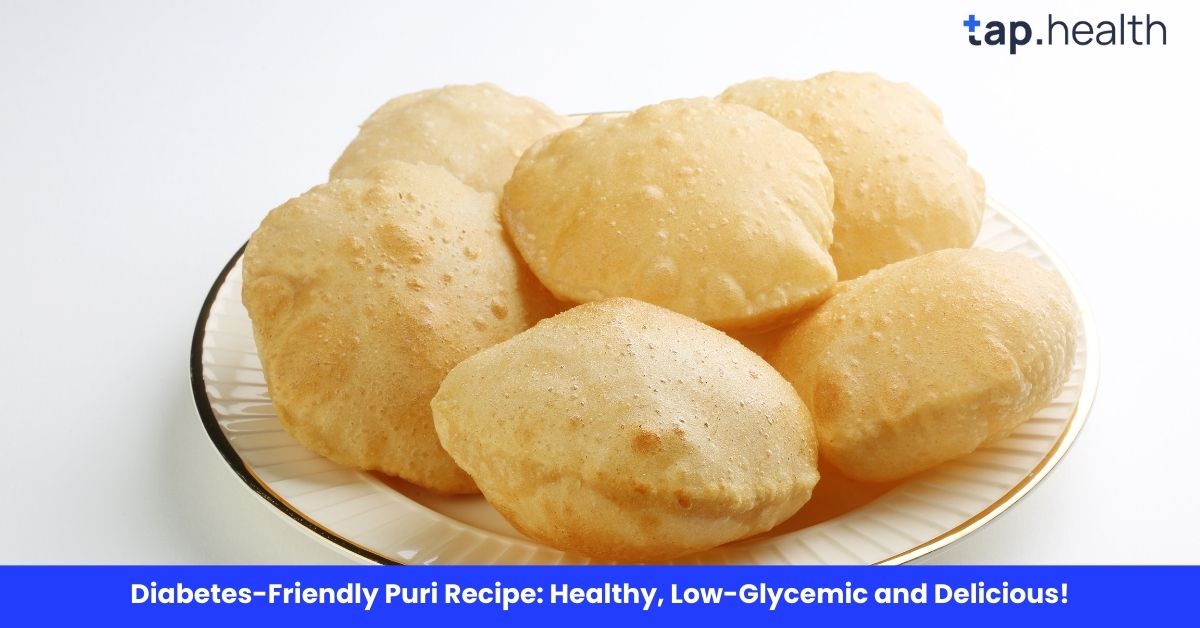Dehydration occurs when your body loses more fluids than it takes in, leaving you feeling tired, sluggish, and sometimes even dizzy. While water is the primary source of hydration, certain juices can offer more than just fluid replacement—they provide essential nutrients like vitamins and minerals that can help restore your body’s electrolyte balance. Whether you’re recovering from exercise, illness, or simply feeling dehydrated due to hot weather, incorporating hydrating juices into your diet is an excellent way to replenish lost fluids.
In this article, we’ll explore the best juices for dehydration and how they help keep you hydrated, energized, and feeling your best.
What Causes Dehydration?
Before diving into the best juices for hydration, let’s first understand the causes of dehydration:
- Excessive Heat: Spending too much time in hot weather or exercising without drinking enough fluids can cause your body to lose water through sweat.
- Illness: Vomiting, diarrhea, and fever can lead to fluid loss and dehydration.
- Increased Urine Output: Certain conditions, like diabetes or the use of diuretic medications, can cause frequent urination, which can lead to dehydration.
- Not Drinking Enough Water: Sometimes, dehydration occurs simply from not consuming enough fluids throughout the day.
Dehydration can lead to various symptoms, including dry mouth, fatigue, dizziness, and dark yellow urine. It’s important to hydrate properly, and juices can be a tasty and effective way to do that.
Best Juices for Dehydration
While water remains the best option for staying hydrated, certain juices can help replenish lost nutrients, provide hydration, and support your body’s fluid balance. Let’s take a closer look at the most hydrating and nutrient-rich juices you can consume when you’re dehydrated.
1. Coconut Water
Coconut water is often referred to as nature’s sports drink, and for a good reason. It’s packed with electrolytes like potassium, sodium, and magnesium, which help maintain fluid balance in the body.
- Electrolyte-Rich: Coconut water is an excellent source of electrolytes, making it ideal for rehydration.
- Naturally Low in Calories: Unlike sugary sodas and juices, coconut water is naturally low in calories and free from added sugars.
- How It Helps: The high potassium content in coconut water helps to restore electrolyte balance and prevent dehydration caused by excessive sweating or illness.
- How to Use: Drink coconut water directly from the coconut or purchase it in cartons from the store.
2. Watermelon Juice
Watermelon is made up of over 90% water, making it one of the most hydrating fruits available. Its natural sweetness and high water content make watermelon juice an excellent choice for staying hydrated.
- Rich in Water Content: Watermelon is primarily water, making its juice an excellent choice for hydration.
- Contains Citrulline: This amino acid helps improve blood flow and can support muscle recovery, making watermelon juice a great post-workout hydrating option.
- High in Vitamin C: Watermelon juice provides a good dose of Vitamin C, which supports immune health and overall well-being.
- How to Use: Blend fresh watermelon chunks and strain the juice to remove the pulp. You can also add a pinch of salt for an electrolyte boost.
3. Cucumber Juice
Cucumbers are made up of around 95% water, making them a fantastic option for hydration. Cucumber juice is cooling, refreshing, and packed with essential nutrients.
- Hydrating and Cooling: Cucumber juice is hydrating and has a natural cooling effect, making it ideal for rehydration in hot weather.
- Rich in Antioxidants: It contains antioxidants like beta-carotene and flavonoids, which help protect the body from oxidative stress and support overall health.
- How It Helps: The high water content in cucumber juice helps replenish fluids, while its minerals such as magnesium and potassium support the body’s electrolyte balance.
- How to Use: Blend fresh cucumber and strain it to make juice. You can add mint leaves or lemon juice for extra flavor and hydration.
4. Orange Juice
Orange juice is one of the most popular juices worldwide and a great choice for staying hydrated. In addition to hydration, it’s rich in Vitamin C and other essential nutrients.
- High in Vitamin C: Orange juice is an excellent source of Vitamin C, which supports your immune system and promotes skin health.
- Rich in Potassium: Potassium helps regulate fluid balance and supports muscle function, which is vital for hydration and recovery.
- How It Helps: Orange juice replenishes fluids and provides essential electrolytes, making it perfect for rehydration after exercise or illness.
- How to Use: Freshly squeezed orange juice is always the best option, but store-bought options can be a good alternative as long as they are 100% pure and free of added sugars.
5. Pineapple Juice
Pineapple juice is not only hydrating but also loaded with bromelain, an enzyme that helps reduce inflammation and supports digestion.
- Electrolyte-Rich: Pineapple juice contains potassium and magnesium, both of which are essential for maintaining electrolyte balance during dehydration.
- Anti-inflammatory: The bromelain in pineapple juice helps reduce swelling and muscle soreness, making it ideal for post-exercise rehydration.
- How It Helps: The natural sugars in pineapple juice provide quick energy, while the electrolytes help restore lost fluids.
- How to Use: Drink fresh pineapple juice or make your own by blending fresh pineapple chunks and straining the juice.
6. Lemon Juice
Lemon juice is another great option for staying hydrated, especially when combined with water. It not only provides hydration but also adds a burst of flavor and Vitamin C.
- Supports Digestion: Lemon juice aids digestion and helps detoxify the body, promoting overall wellness while keeping you hydrated.
- Boosts Immunity: High in Vitamin C, lemon juice supports the immune system, which is particularly beneficial when you’re feeling run-down or recovering from an illness.
- How It Helps: Lemon juice helps maintain hydration levels and can help detoxify your body, making it an excellent addition to your hydration routine.
- How to Use: Add freshly squeezed lemon juice to water, coconut water, or a smoothie to increase its hydrating effects.
7. Carrot Juice
Carrot juice is packed with vitamins and minerals, especially Vitamin A, which supports eye health, immune function, and skin health. It’s also hydrating and rich in antioxidants.
- Rich in Antioxidants: Carrot juice is high in antioxidants like beta-carotene, which helps protect the body from oxidative stress and supports overall health.
- Natural Source of Vitamin A: Vitamin A is essential for the body’s immune system and skin health, helping maintain hydration and vitality.
- How It Helps: Carrot juice hydrates the body while providing essential nutrients that support overall health and energy levels.
- How to Use: Drink fresh carrot juice or mix it with other juices like apple or ginger for added flavor.
Tips for Staying Hydrated
While juices are a great way to stay hydrated, here are a few additional tips to help you maintain proper hydration throughout the day:
- Drink Small Amounts Regularly: Instead of waiting until you’re extremely thirsty, aim to drink small amounts of fluids regularly to maintain consistent hydration.
- Avoid Sugary Beverages: Opt for natural juices without added sugars, as sugary drinks can dehydrate the body.
- Eat Hydrating Foods: In addition to drinking fluids, eat water-rich foods like cucumbers, watermelon, and celery to help with hydration.
- Monitor Urine Color: If your urine is dark yellow or amber, it’s a sign that you’re dehydrated. Aim to drink more fluids to restore proper hydration.
Real-Life Scenario
Consider a person who spends hours in the sun or exercises intensively. After a long day, they feel exhausted and thirsty. By drinking a combination of coconut water and watermelon juice, they experience faster recovery, improved energy levels, and reduced symptoms of dehydration. Real-life experiences like this highlight how simple dietary choices can have a major impact on maintaining hydration and wellbeing.
Expert Insights
Nutritionists and medical professionals emphasize that not all juices hydrate equally. While sugary drinks may taste refreshing, they can sometimes worsen dehydration. Experts recommend natural fruit and vegetable juices with low added sugar content. Coconut water, in particular, is praised for its natural electrolyte balance, while citrus juices provide vitamin C and antioxidants. These professional insights help guide informed choices for effective hydration.
Evidence-Based Recommendations
Research shows that maintaining proper hydration supports digestion, cognitive function, and physical performance. To stay hydrated, experts suggest drinking at least 2–3 liters of fluids daily, including water and hydrating juices. Pairing high-water-content fruits and vegetables in your juices—like cucumber, watermelon, oranges, and berries—ensures maximum fluid absorption and nutrient intake. Incorporating these beverages into your daily routine can prevent dehydration and boost overall health.
Frequently Asked Questions (FAQs) on Which Juice Is Good for Dehydration?
1. Is Coconut Water Better Than Sports Drinks for Hydration?
Yes, coconut water is often considered a better option than sports drinks for hydration because it contains natural electrolytes and is free from added sugars and artificial ingredients.
2. Can I Drink Juice Instead of Water to Stay Hydrated?
While juices provide hydration, they should not replace water entirely. Water should still be your primary source of hydration, but juices can be a healthy supplement.
3. What’s the Best Juice for Rehydration After Exercise?
Coconut water, watermelon juice, and pineapple juice are excellent choices for rehydration after exercise, as they contain electrolytes that help restore fluid balance.
4. Is Lemon Water Good for Hydration?
Yes, lemon water is a good option for hydration. It’s refreshing, contains Vitamin C, and supports digestion, making it a great addition to your hydration routine.
5. Can Dehydration Affect My Skin?
Yes, dehydration can lead to dry, dull skin and may contribute to skin conditions like acne or eczema. Staying hydrated helps keep your skin moisturized and healthy.
Conclusion
Dehydration can leave you feeling sluggish and fatigued, but with the right juices, you can restore hydration, boost your energy, and replenish lost electrolytes. Juices like coconut water, watermelon, cucumber, and orange juice are excellent options for rehydration and providing the body with essential nutrients. Make sure to drink fluids regularly, eat hydrating foods, and enjoy these natural juices to stay hydrated and feel your best.



